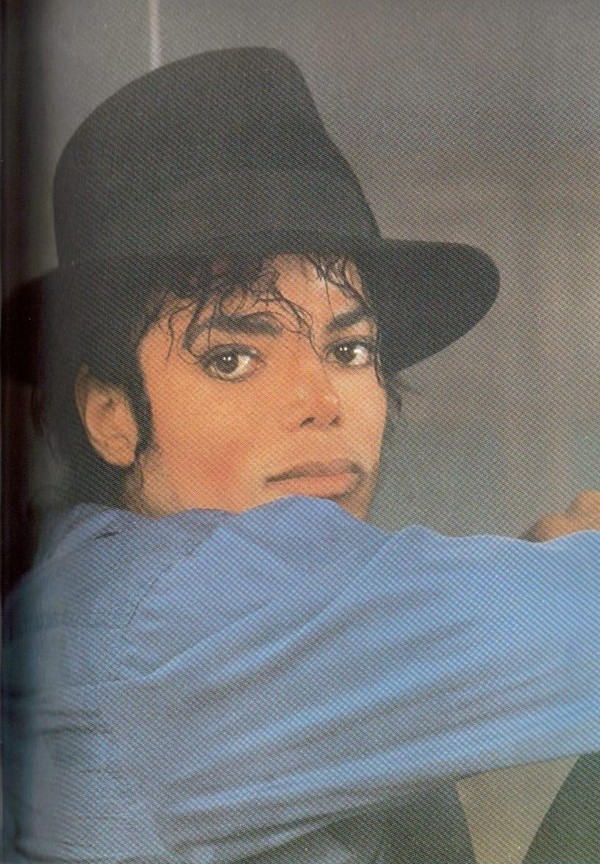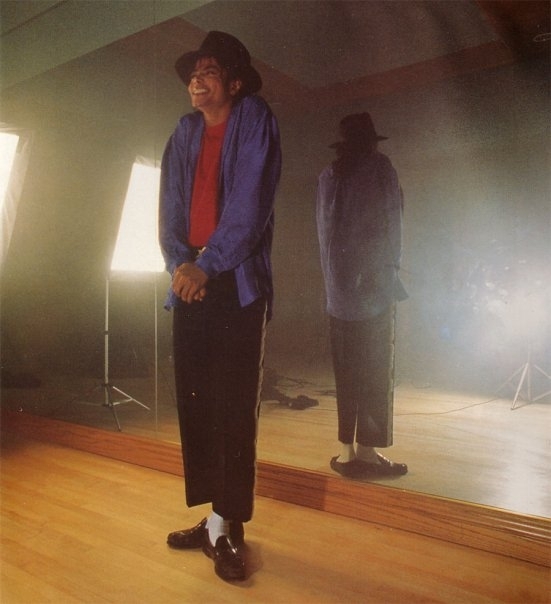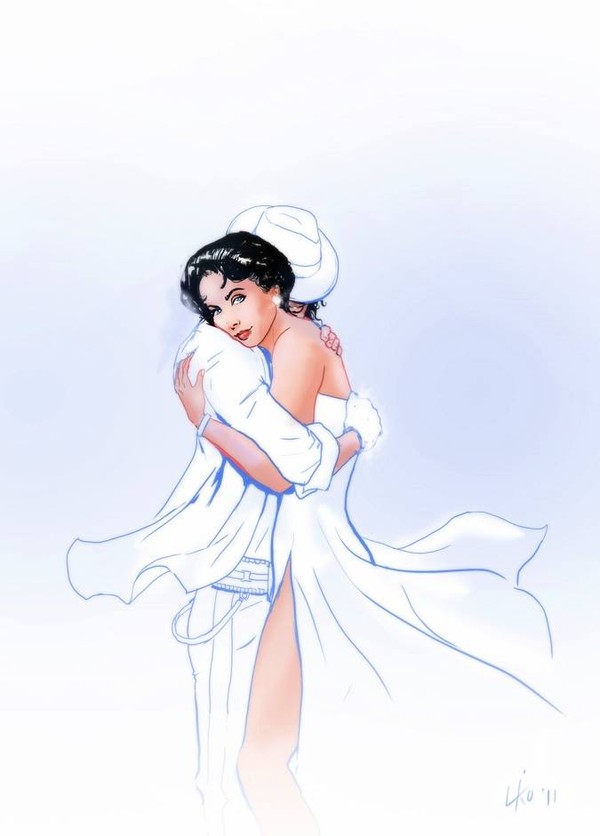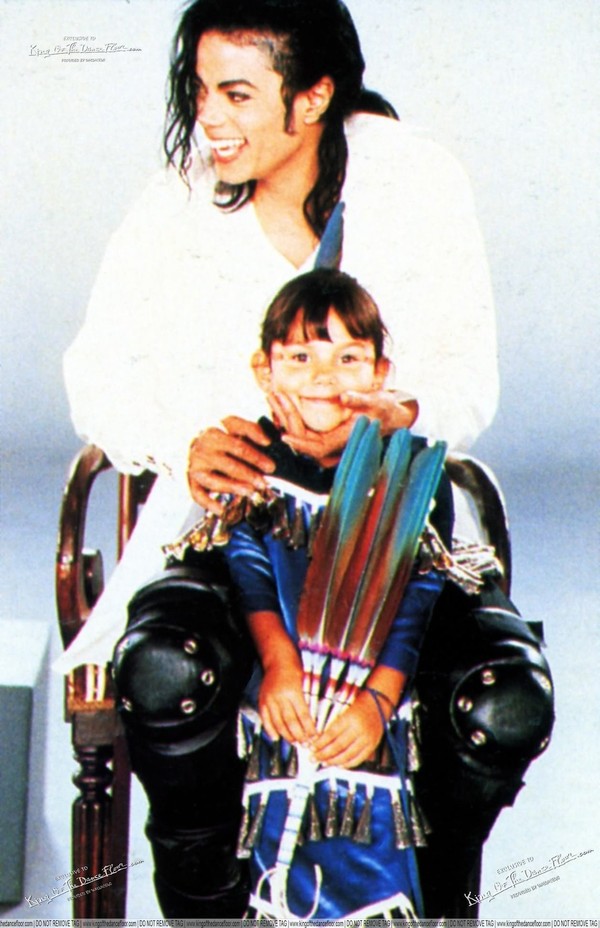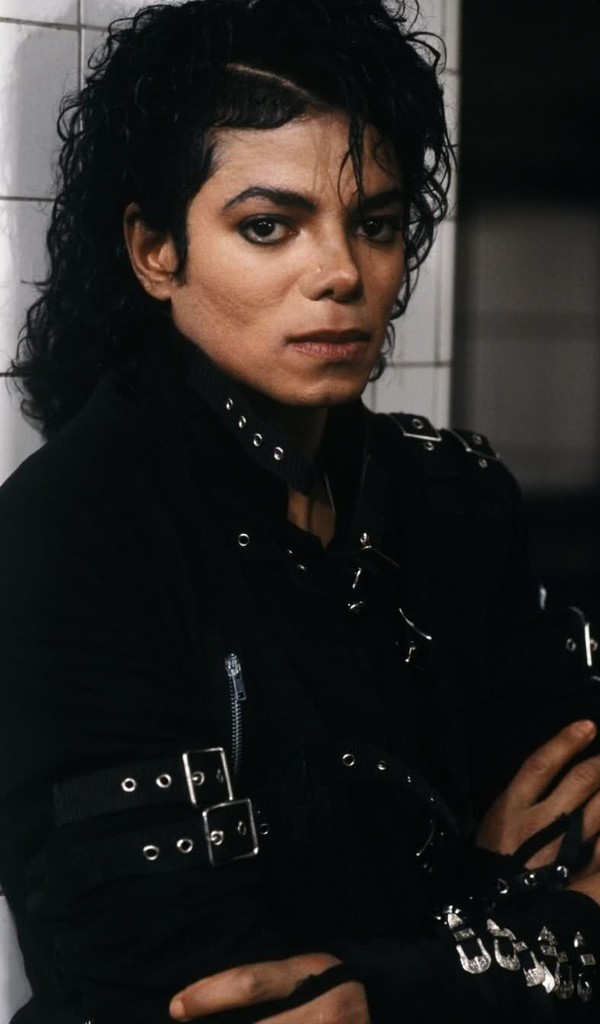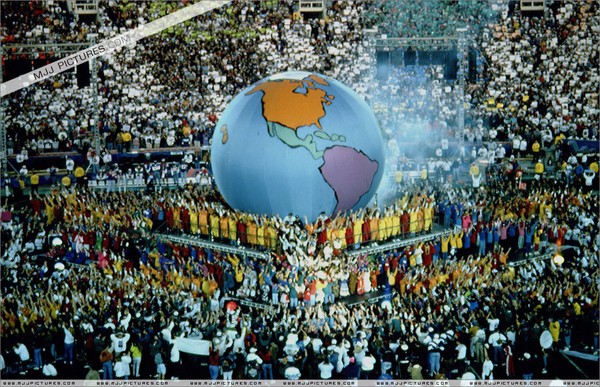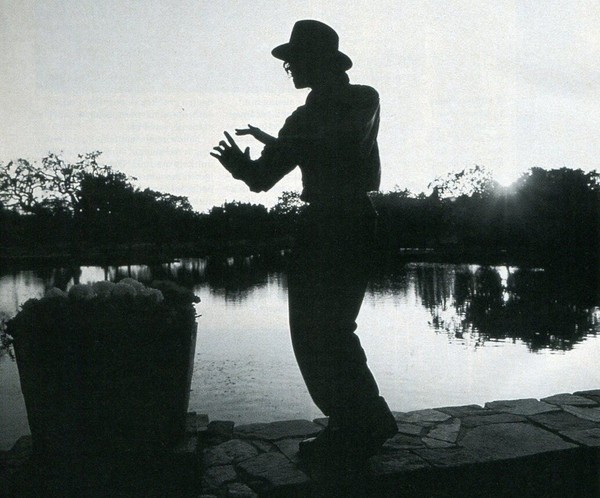DAGENS BILD

-

AWW!
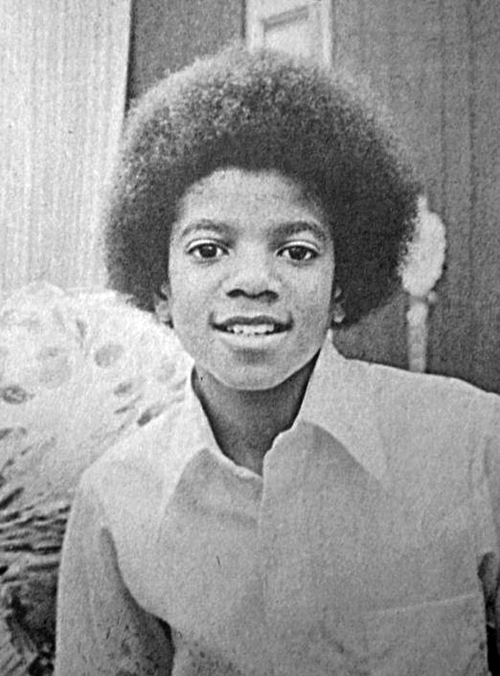
VI SES SNART!

FAKTA #50

DRESSED IN BLACK

I WANT YOU BACK
DAGENS BILD

FOR YOU TO REMEMBER
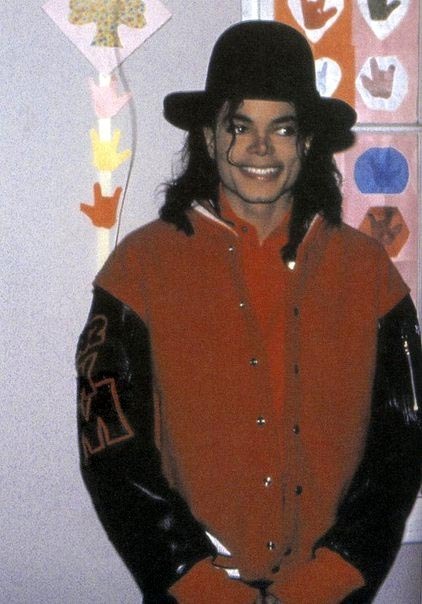
HE TAUGHT ME SO MANY THINGS
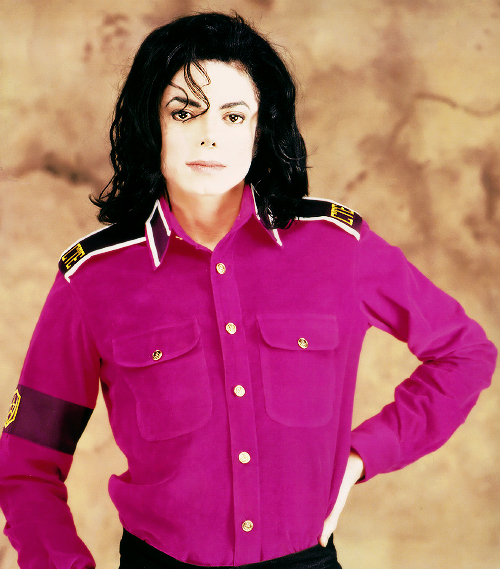
He would say that for a superstar Michael wasn’t as hard to get a hold of as you might imagine, ‘He didn’t have his personal assistant answer his private line. He didn’t have some sort of elaborate screening process. What he had was a great sense of humor. Michael had many voices. One of his favorites was an imitation of what sounded like an uptight, conservative Caucasian; not unlike the way comedian Dave Chappelle sounds when, during some of stand-up routines, he pretends to be white. Sometimes Michael answered the phone that way. If you didn’t know this game and you asked to speak to Michael, he might say, ‘There’s no Michael Jackson here. I don’t know what you’re talking about, mister.’ But for those on the inside, you’d recognize this voice and introduce yourself accordingly. Then he would immediately switch back into that familiar, high-pitched falsetto. ‘Oh, hi, Corey,’ he’d croon. ‘How are you?’ I figured it was a clever way to avoid talking to people he didn’t want to.
I don’t know a lot of things that happened in the years I wasn’t around, but all I can tell you is remarking about the person that I know, the person that was my close friend, that was like a brother to me. He was not that guy.
He taught me so many things. He taught me about loving animals, vegetarianism, animal rights, environmental issues, caring about your fans — how to treat your fans. The fact that the moment you meet your fans may just be a fleeting moment to you and sometimes you’re in the middle of things you’ve got to take time for, but to them, they’re going to remember this moment for the rest of their life, so how important it is for that exchange and how to treat them. He was the big brother I never had, honestly.
The fact that when I did get arrested for drug possession in 1990, even though his image was still squeaky clean and by all rights he could have stepped aside and moved me back, he didn’t.
He called me. I got that message on my answering machine, which said, ‘Hi Corey, it’s Michael. Is everything ok? Call me if you need me.’ You know, he was a friend. He was supportive. And thank God for that.
That really showed me the value of what type of person he was."
~ Corey Feldman (beskriver sin vänskap med Michael)
NEVERLAND BALLOON RIDE


INTERVJU (RARE!!!)
XPERIA Z2 PHONE

KÄRLEK
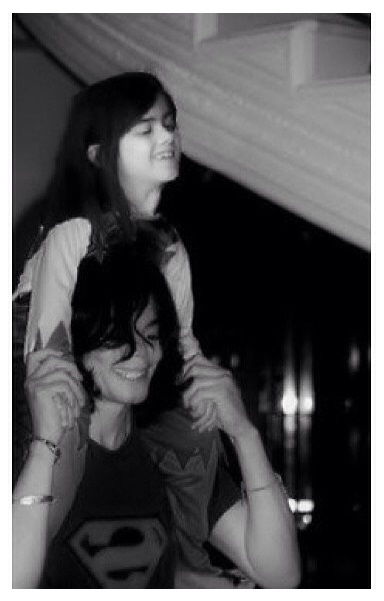
I NEVER FELL IN LOVE SO EASILY
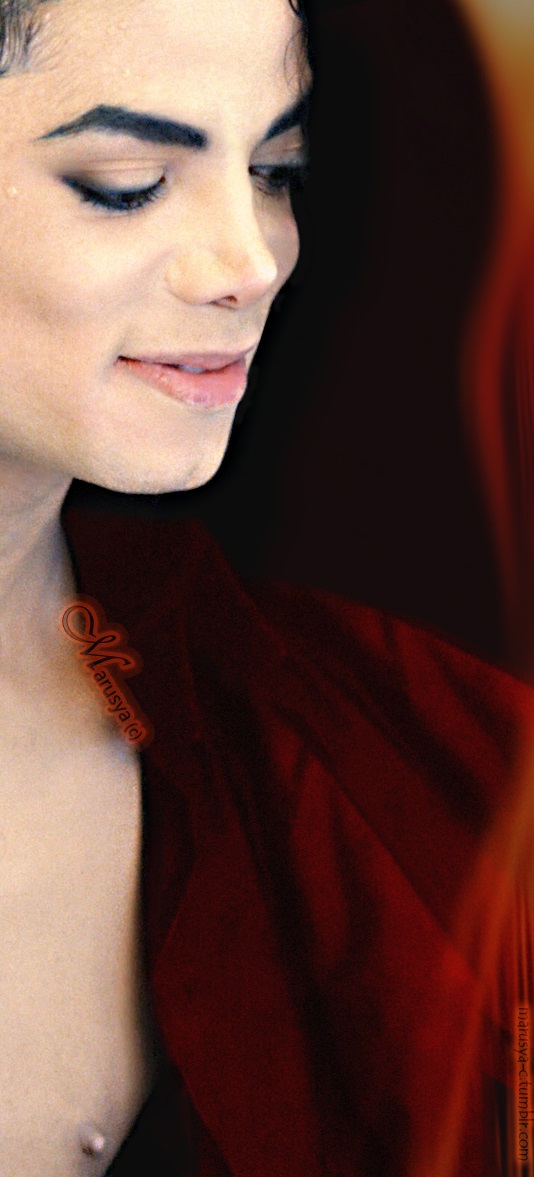
-
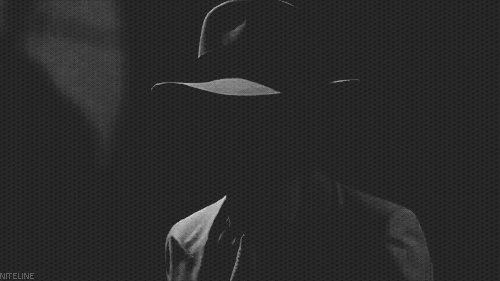
-
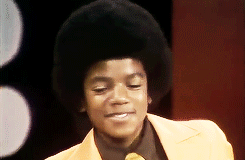
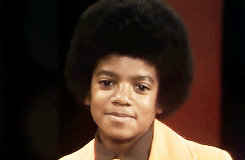
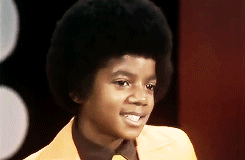


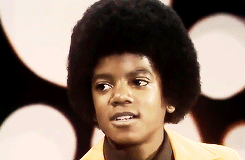
"THIS IS JUST A BROTHER FROM INDIANA"
TACK

SÅDAN FAR, SÅDAN SON
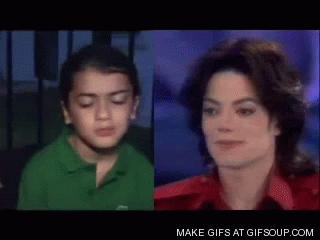
I'M A LOVER, NOT A FIGHTER
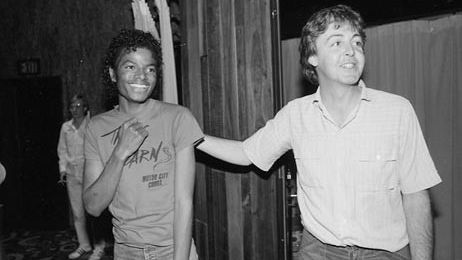
HISTORY TOUR (BACKSTAGE FOOTAGE)
~ BEYONCÉ
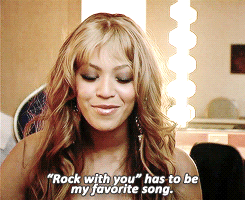
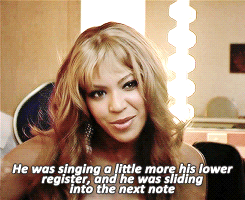
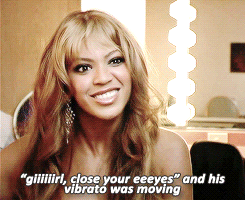

DAGENS BILD

I DANSSTUDION
DAGENS BILD
BRAVO SUPER SHOW MESSAGE 1994
HELLO ADRIAN GRANT
IT'S SAD

-
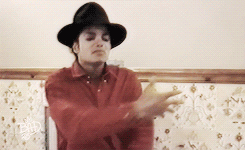
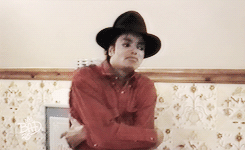
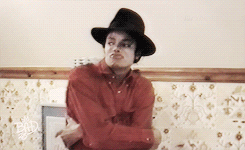
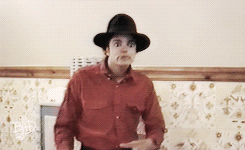


-
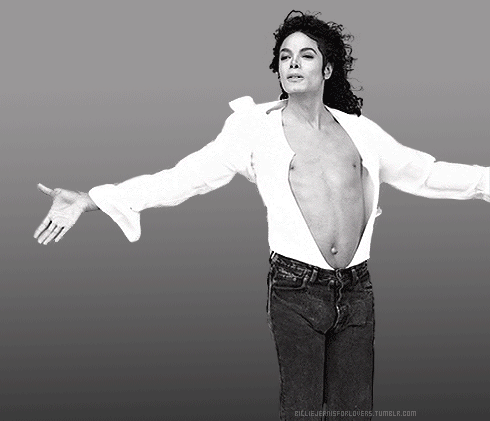
WHO IS IT (ACAPELLA)
DAGENS BILD

-

AN INNOVATOR, A PIONEER
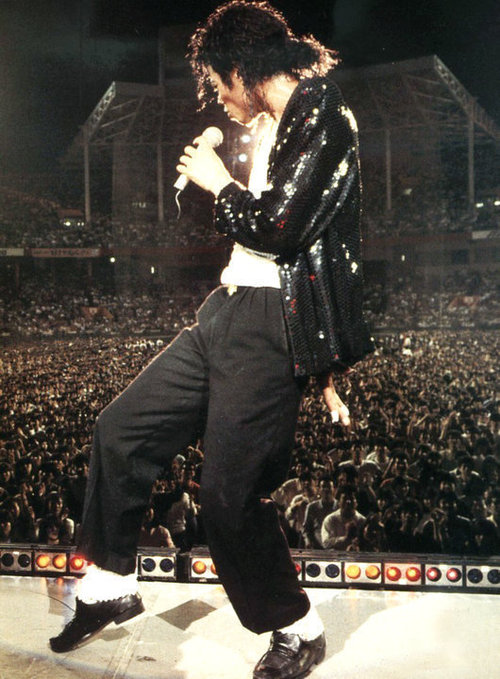
SMILING
KLIPP FRÅN EN TIDIG INTERVJU
MICHAEL OM LYCKA (UNRELEASED FOOTAGE)
R. KELLY OM MICHAELS BILDANS TILL "IGNITION"
LIKE WOW
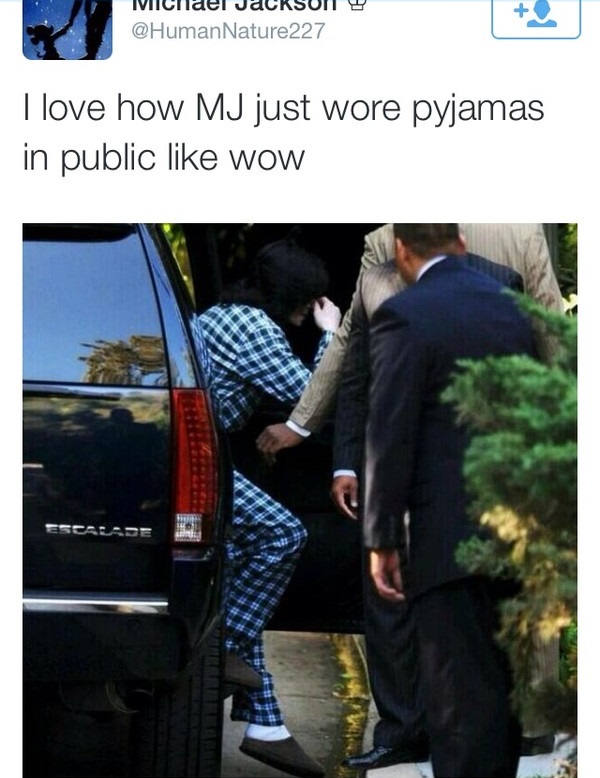
-

NOT ENOUGH PEOPLE TOLD HIM

WHAT A BEAUTIFUL THOUGHT
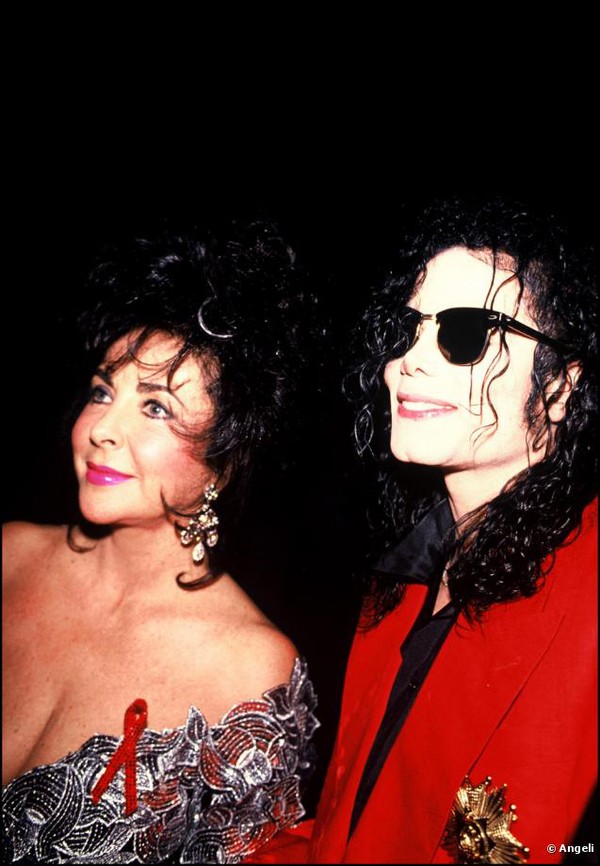
BEKÄNNELSE #23

I OWE YOU EVERYHTING, YOU GAVE ME EVERYTHING


HUR SKULLE DU REAGERA?

-
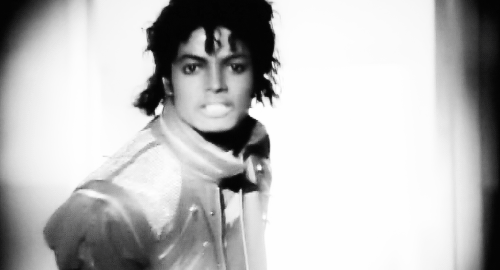
OMER PÅ INSTAGRAM
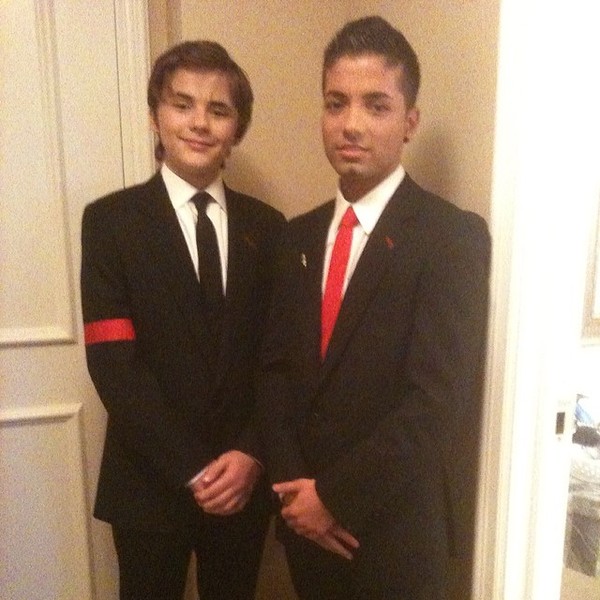
DAGENS BILD

MICHAEL'S ADVICE FOR DREAMERS
GENOM VÅR KÄRLEK ÄR MICHAEL ODÖDLIG
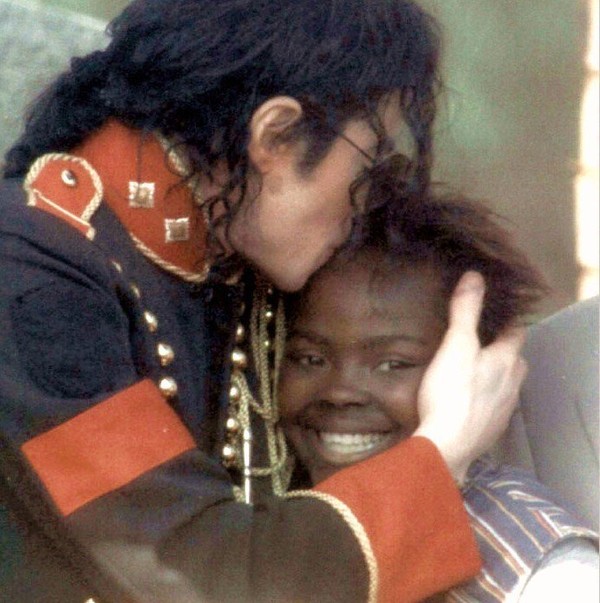
-

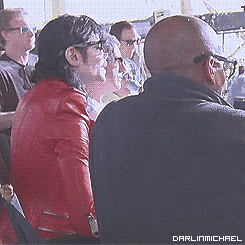
MICHAEL WILL FORVER LIVE INSIDE

I COULDN'T REFUSE

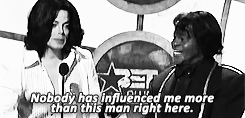


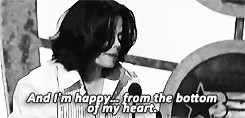
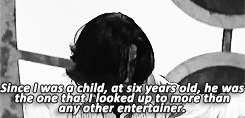

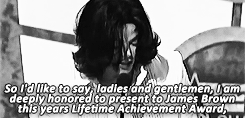


HISTORIA OM MICHAELS SLÄKT I SLAVERIET
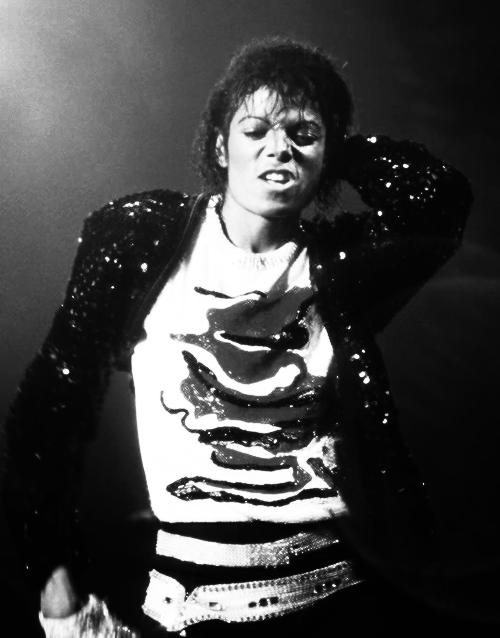
Michael’s great grand mother Mattie was the product of a slave and the handicapped white daughter of a plantation owner. Because the baby was part black, the plantation owners didn’t want her, and so they left her outside at night to die. They reconsidered only when they realized the baby would also be considered half white, and therefore they could be punished for having let her die. Still refusing to care for her because of her race, they then sold her to another family.
When Michael’s grandfather Samuel, married his wife Crystal, he was afraid of KKK reprisals as she was half white.
DAGENS BILD
EBONY MAGAZINE, FAN-FRÅGOR, 2007
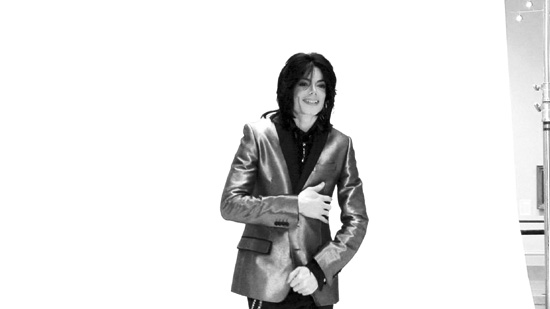
Meanwhile, more than 200 readers from around the world have already written in over the past few days with questions about the shoot, the interview and the star. Here are a few of those questions, along with comments from the Ebony team -- vice president and editorial director Bryan Monroe, creative director Cole and senior editor Joy Bennett -- who were with him over those three days...
Q: Will Michael Jackson do another world tour? -- Dusty in Dublin, Ireland
A. (Bryan Monroe) | Michael didn't say specifically when or if he would tour, but was hesitant about taking on another global concert series. " I don't care about long tours," he told us in the interview. He doesn't want to grow old doing concert after concert, flying from one mega-stadium to the next. "Not the way James Brown did and or Jackie Wilson did," he said in the article. "They just kept going, running, killing themselves. In my opinion, I wish [Brown] could have slowed down and relaxed and enjoyed his hard work."
Q: Can he still dance as amazingly as he did before? -- Gabriella in England
A. (Bryan Monroe) | For a man nearly 50, he was still incredibly limber. He showed of a few of his classic moves during the photo shoot - the leg twist/kick move in particular. Yes, he's still got it.
Q: When is a new CD coming out? -- K. Hall in Alabama
A. (Joy Bennett) | Not sure. Michael told us repeatedly that he was writing every day and recording in the studio. He also says that he thinks he's got more blockbuster hits coming out (see the story for more on his writing process). Neither he nor his staff will confirm a date but we'll be on the lookout for an early 2008 new release.
Q: Is he very shy in person? -- Stacie in New York A. (Joy Bennett) | No, surprisingly he was not very shy. He wasn't shrouded, masked or gloved and he answered questions directly, and at great length.
Q: There has been talk about his skin color. Is he the whitest person to be on the cover of Ebony? -- Mae in Southeast Asia
A. (Joy Bennett) | Not at all, the actor Carroll O'Connor was on Ebony's cover as his character, Archie Bunker in June 1972. But make no mistake, despite his unusually light skin, he has said it is due to a skin condition called vitiligo, Michael is still 100 percent African American.
Q: I think America still has yet to grasp the influence and position Michael has internationally. You can ask a woman who grew up in a small community in Norway, and a woman who grew up in Africa, and they will know his name, and his music. I have some questions: Who decided on the clothing? Was it picked by the stylist, and approved by Michael Jackson beforehand? Why this particular museum? Was the location picked by Michael Jackson? -- Annette in Norway
A: (Harriette Cole) | Michael wanted to be photographed in an artistic setting and the Brooklyn Museum gladly accommodated us all. We shot in the midst of ancient and contemporary history, and it was powerful to be in that space. Regarding the wardrobe, we worked with celebrity fashion stylist Phillip Bloch to develop concepts for wardrobe and then he and his team went shopping. We really wanted him to look elegant and timeless on the cover. We found a number of looks that would achieve that and presented them to Michael. He ultimately chose what he would be happy to wear--which turned out to be far more outfits than we had time to shoot! Michael Jackson was the perfect fit for everything we put on him. It was a lot of fun to work with someone who looks great in clothes, who knows how to move his body and who understands the camera. It was magic!
Q: Did most of the people who worked with Michael, during the interview or photo shoot feel intimated by him? How did he interact with the crew? -- Samantha and Michele
A: (Harriette Cole) What I loved the most about working with Michael Jackson is how kind he was to everyone. He was gracious to the elevator operator, the guard and the executives in the museum. He made sure to thank each person who was in ear shot when the shoot was over. He was generous and kind. Did some people feel intimidated by him? I don't know if that's the right word. More, I think some people were mesmerized. Some were pinching themselves wondering if they actually were in the presence of the King of Pop.
Q: Michael looks healthier and happier than he's been in years (not just in the photo shoot but in paparazzi pictures even). In your time spent with Michael, did you get a sense that he really wants to make a comeback and reinvent the music industry again? The world is awaiting his next move, but I get the feeling he doesn't even realize how much he is missed in the music scene. -- Robert
A: (Harriette Cole) Michael certainly seemed healthy and happy--and more, content. He had a peace about him that was palpable. He seemed comfortable in his own skin. Never mind, he's got the body that any woman or man would die for! At 49 years old, he's got a slim dancer's body, evidence of consistent, disciplined exercise. So, could he make a comeback? He certainly seems strong enough. We also know that he is actively in the studio creating. He told us that he travels with a tape recorder so that whenever he gets the inspiration to make music he can capture it for later reflection. He also noted that many artists today are not reaching inside to create their own unique music. He thinks it's breakthrough time. That certainly could include a Michael Jackson breakthrough--or should I say another one!
Q: Tell us about BLANKET! That little mysterious baby! How did you find the little boy? Was he a well-behaved kid? How are both father and son to each other? Do you get a real sense of how Michael is as a father to his children from what you've seen so far? -- Melissa in Manila, Philippines
A: (Harriette Cole) | We didn't meet Michael's two other children. His daughter, Paris, is 9 and he has another son, Michael Joseph, 10. Blanket was incredibly well-behaved while he was in our company, which is saying a lot for a 5-year-old. He is obviously very close to his dad. They walked into the fitting holding hands and only separated when both of them became at ease. Michael's parenting skills were to be commended. Without many words, with very subtle gestures he offered discipline, guidance and support. Michael also obviously wants Blanket to learn good manners, so when the Ebony team came into the room for the interview, Michael coached Blanket on the proper way to shake hands and say hello. Small things, but isn't it the small things that show the measure of one's true self?
Q: Are there plans for another Ebony/Jet/Michael Jackson collaboration in the near future? -- Jamison
A. (Bryan Monroe) | As they say, "stay tuned." We are planning one more cover, this time on our sister publication, Jet magazine, to come out in mid-December. It is a weekly magazine, so keep an eye out for it on your newsstand. We may even have some breaking news in it, too!
PEACE AND LOVE
HE WAS THE KING OF PATHOS

"I love great talent. People like Chaplin, I mean God, how could you not admire his genius? He was the king of Pathos. I mean he knew how to touch your heart and knew how to make you laugh and cry at the same time. I mean he was the master of that. I find some of that in what I do and I relate to him. I sometimes feel like I am him."
-
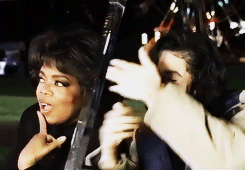

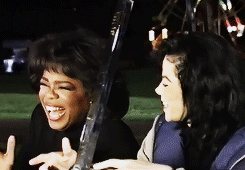

GONE WITH YOUR BAD SELF

-

OPRAH INTERVIEW OUTTAKES
EBONY/VOGUE PHOTOSHOOT 2007
INTERVJU, EBONY MAGAZINE, DECEMBER 2007

Michael Joseph Jackson rocked the music world in December 1982, when he exploded on the pop scene with Thriller, the rich, rhythmic, infectious album that introduced many Whites to a talent that most Blacks had known for decades, and shattered nearly every industry record on the planet. The historic project was yet another, albeit giant, step in a musical career that began 18 years earlier, at age 6, with his brothers in the Jackson 5.
In his first U.S. magazine interview in a decade and on the 25th anniversary of Thriller, Jackson sat down with Ebony magazine for a rare, intimate and exclusive conversation about the creation of Thriller, the historic Motown 25 performance, being a father, the state of the music industry and the force behind his creativity.
Here is Michael Jackson, in his own words…
Q: How did it all start?
A: Motown was preparing to do this movie called The Wiz… and Quincy Jones happened to be the man who was doing the music. Now, I had heard of Quincy before. When I was in Indiana as a child, my father used to buy jazz albums, so I knew him as a jazz musician.
So after we had made this movie—we had gotten pretty close on the film, too; he helped me understand certain words, he was really father-like—I called him after the movie, out of complete sincerity—´cause I´m a shy person, ESPECIALLY then, I used to not even look at people when they were talking to me, I´m not joking—and I said, “I´m ready to do an album. Do you think… could you recommend anybody who would be interested in producing it with me or working with me?” He paused and said, “Why don´t you let ME do it?” I said to myself, “I don´t know why I didn´t think of that.” Probably because I was thinking that he was more my father, kind of jazzy. So after he said that, I said, “WOW, that would be great.” What´s great about working with Quincy, he let´s you do your thing. He doesn´t get in the way.
So the first thing I came to him with was from Off the Wall, our first album, and Rod Temperton came in the studio, and he came with this killer—he´s this little German guy from Wurms, Germany—he comes with this … “doop, dakka dakka doop, dakka dakka dakka doop”, this whole melody and chorus, Rock With You. I go, WOW! So when I heard that, I said, “OK, I really have to work now.” So every time Rod would present something, I would present something, and we´d form a little friendly competition. I love working like that. I used to read how Walt Disney used to, if they were working on Bambi or an animated show, they´d put a deer in the middle of the floor and make the animators kind of compete with different styles of drawing. Whoever had the most stylized effect that Walt liked, he would pick that. They would kind of compete, it was like a friendly thing, but it was competition, ´cause it breeds higher effort. So whenever Rod would bring something, I would bring something, then he would bring something, then I would bring something else. We created this wonderful thing.
Q: So, after Off the Wall, in the spring of ´82, you went back in the studio to work on Thriller.
A: After Off the Wall, we had all these No. 1 hits from it — “Don´t Stop ´Til You Get Enough,” “Rock With You,” “She´s Out of My Life,” “Workin´ Day and Night”—and we were nominated for a Grammy award, but I was just not happy with how the whole thing happened because I wanted to do much more, present much more, put more of my soul and heart in it.
Q: Was it a transition point for you?
A: A COMPLETE transition. Ever since I was a little boy, I would study composition. And it was Tchaikovsky that influenced me the most. If you take an album like Nutcracker Suite, every song is a killer, every one. So I said to myself, “Why can´t there be a pop album where every…”—people used to do an album where you´d get one good song, and the rest were like B-sides. They´d call them “album songs”— and I would say to myself, “Why can´t every one be like a hit song? Why can´t every song be so great that people would want to buy it if you could release it as a single?” So I always tried to strive for that. That was my purpose for the next album. That was the whole idea. I wanted to just put any one out that we wanted. I worked hard for it.
Q: So, the creative process, were you deliberate about that, or did it just kind of happen?
A: No, I was pretty deliberate. Even though it all came together some kind of way, consciously, it was created in this universe, but once the right chemistry gets in the room, magic has to happen. It has to. It´s like putting certain elements in one hemisphere and it produces this magic in the other. It´s science. And getting in there with some of the great people, it´s just wonderful.
Quincy calls me a nickname, “Smelly.” Smelly came from —and [Steven] Spielberg calls me that, too. Back then, especially back then — I say a few swear words now—but especially then, you couldn´t get me to swear. So I would say, ´That´s a “smelly” song.´ That would mean, ´It´s so great´ that you´re engrossed in it. So he would call me ´Smelly.´
But yeah, working with Quincy was such a wonderful thing. He lets you experiment, do your thing, and he´s genius enough to stay out of the way of the music, and if there´s an element to be added, he´ll add it. And he hears these little things. Like, for instance, in “Billie Jean,” I had come up with this piece of the bass lick, and the melody, and the whole composition. But in listening, he´ll add a nice riff…
We would work on a track and then we´d meet at his house, play what we worked on, and he would say, ´Smelly, let it talk to you.´ I´d go, ´OK.´ He´d say, ´If the song needs something, it´ll tell you. Let it talk to you.´ I´ve learned to do that. The key to being a wonderful writer is not to write. You just get out of the way. Leave room for God to walk in the room. And when I write something that I know is right, I get on my knees and say thank you. Thank you, Jehovah!
Q: When´s the last time you had that feeling?
A: Well, recently. I´m always writing. When you know it´s right, sometimes you feel like something´s coming, a gestation, almost like a pregnancy or something. You get emotional, and you start to feel something gestating and, magic, there it is! It´s an explosion of something that´s so beautiful, you go, WOW! There it is. That´s how it works through you. It´s a beautiful thing. It´s a universe of where you can go, with those 12 notes…
(He´s now listening to an early, writing version of Billie Jean playing on an iPhone…)
…What I do when I write is that I´ll do a raggedy, rough version just to hear the chorus, just to see how much I like the chorus. If it works for me that way when it´s raggedy, then I know it´ll work… Listen to that, that´s at home. Janet, Randy, me… Janet and I are going “Whoo, Whoo…Whoo, Whoo…” I do that, the same process with every song. It´s the melody, the melody is most important. If the melody can sell me, if I like the rough, then I´ll go to the next step. If it sounds good in my head, it´s usually good when I do it. The idea is to transcribe from what´s in your mentality onto tape.
If you take a song like “Billie Jean,” where the bass line is the prominent, dominant piece, the protagonist of the song, the main driving riff that you hear, getting the character of that riff to be just the way you want it to be, that takes a lot of time. Listen, you´re hearing four basses on there, doing four different personalities, and that´s what gives it the character. But it takes a lot of work.
Q: Another big moment was the Motown 25 performance…
A: I was at the studio editing Beat It, and for some reason I happened to be at Motown Studios doing it—I had long left the company. So they were getting ready to do something with the Motown anniversary, and Berry Gordy came by and asked me did I want to do the show, and I told him ´NO.´ I told him no. I said no because the Thriller thing, I was building and creating something I was planning to do, and he said, ´But it´s the anniversary…´ So this is what I said to him. I said, ´I will do it, but the only way I´ll do it is if you let me do one song that´s not a Motown song.´ He said, ´What is it?´ I said, ´Billie Jean´. He said, ´OK, fine.´ I said, ´You´ll really let me do “Billie Jean?” He said, ´Yeah.´
So I rehearsed and choreographed and dressed my brothers, and picked the songs, and picked the medley. And not only that, you have to work out all the camera angles.
I direct and edit everything I do. Every shot you see is my shot. Let me tell you why I have to do it that way. I have five, no, six cameras. When you´re performing—and I don´t care what kind of performance you are giving—if you don´t capture it properly, the people will never see it. It´s the most selfish medium in the world. You´re filming WHAT you want people to see, WHEN you want them to see it, HOW you want them to see it, what JUXTAPOSITION you want them to see. You´re creating the totality of the whole feeling of what´s being presented, in your angle and your shots. ´Cause I know what I want to see. I know what I want to go to the audience. I know what I want to come back. I know the emotion that I felt when I performed it, and I try to recapture that same emotion when I cut and edit and direct´.
Q: How long have you been creating all of those elements?
A: Since I was a little boy, with my brothers. My father used to say, ´Show ´em Michael, show ´em.´
Q: Did they ever get jealous of that?
A: They never showed it at the time, but it must have been hard, because I would never get spanked during rehearsals or practice. [Laughter] But afterwards was when I got in trouble. [Laughter]. It´s true, that´s when I would get it. My father would rehearse with a belt in his hand. You couldn´t mess up. My father was a genius when it comes to the way he taught us, staging, how to work an audience, anticipating what to do next, or never let the audience know if you are suffering, or if something´s going wrong. He was amazing like that.
Q: Is that where you think you got not just a lot of your business sense, but how to control the whole package?
A: Absolutely. My father, experience; but I learned a lot from my father. He had a group when he was a young person called the Falcons. They came over and they played music, all the time, so we always had music and dancing. It´s that cultural thing that Black people do. You clear out all the furniture, turn up the music…when company comes, everybody gets out in the middle of the floor, you gotta do something. I loved that.
Q: Do your kids do that now?
A: They do, but they get shy. But they do it for me, sometimes.
Q: Speaking of showmanship: MTV, they didn´t play Black folks. How hard was that for you?
A: They said they don´t play [Black artists]. It broke my heart, but at the same time it lit something. I was saying to myself, ´I have to do something where they… I just refuse to be ignored.´ So yeah, “Billie Jean,” they said, ´We won´t play it.´
But when they played it, it set the all-time record. Then they were asking me for EVERYTHING we had. They were knocking our door down. Then Prince came, it opened the door for Prince and all the other Black artists. It was 24-hour heavy metal, just a potpourri of crazy images…
They came to me so many times in the past and said, ´Michael, if it wasn´t for you, there would be no MTV.´ They told me that, over and over, personally. I guess they didn´t hear it at the time…but I´m sure they didn´t mean any pure malice [laughter].
Q: That really gave birth to the modern video age…
A: I used to look at MTV. My brother [Jackie], I´ll never forget, he´d say, ´Michael, you gotta see this channel. Oh, my God, it´s the best idea. They show music 24 hours a day… 24 Hours A Day!´ So I said, ´Let me see this.´ And I´m watching it, I´m seeing all this stuff going on and saying ´If only they could give this stuff some more entertainment value, more story, a little more dance, I´m sure people would love it more.´ So I said, when I do something, it´s gotta have a story—an opening, a middle and a closing—so you could follow a linear thread; there´s got to be a thread through it. So while you are watching the entertainment value of it, you´re wondering what is going to happen. So that´s when I started to experiment with Thriller, The Way You Make Me Feel and Bad and Smooth Criminal and directing and writing.
Q: What do you think about the state of music videos and music today?
A: [The industry], it´s at a crossroads. There´s a transformation going on. People are confused, what´s going to happen, how to distribute and sell music. I think the Internet kind of threw everybody for a real loop. ´Cause it´s so powerful, kids love it so much. The whole world is at their fingertips, on their lap. Anything they want to know, anyone they want to communicate with, any music, any movies… This thing, it just took everybody for a loop. Right now, all these Starbucks deals and Wal-Mart deals, direct to artist, I don´t know if that´s the answer. I think the answer is just phenomenal, great music. Just reaching the masses. I think people are still searching. There´s not a real musical revolution going on right now, either. But when it´s there, people will break a wall down to get to it. I mean, ´cause before Thriller, it was the same kind of thing. People were NOT buying music. It helped to bring everybody back into the stores. So, when it happens, it happens´.
Q: Who impresses you?
A: As far as artistry, I think Ne-Yo is doing wonderful. But he has a very Michael Jackson feel, too. But that´s what I like about him. I can tell that he´s a guy who understands writing.
Q: Do you work with these young artists?
A: Sure. I´ve always been the type where, I don´t care if it´s the mailman or the guy sweeping the floor. If it´s a great song, it´s a great song. Some of the most ingenious ideas come from everyday people, who just go, ´Why don´t you try this, or do this.´ It´ll be a wonderful idea, so you should just try it. Chris Brown is wonderful. Akon, he´s a wonderful artist.
I always want to do music that inspires or influences another generation. You want what you create to live, be it sculpture or painting or music. Like Michelangelo, he said, “I know the creator will go, but his work survives. That is why to escape death, I attempt to bind my soul to my work.” And that´s how I feel. I give my all to my work. I want it to just live.
Q: How does it feel to know you have changed history? Do you think about that a lot?
A: Yeah, I do, I really do. I´m very proud that we opened doors, that it helped tear down a lot. Going around the world, doing tours, in stadiums, you see the influence of the music. When you just look out over the stage, as far as the naked eye could see, you see people. And it´s a wonderful feeling, but it came with a lot of pain, a lot of pain.
Q: How so?
A: When you´re on top of your game, when you´re a pioneer, people come at you. It´s there, who´s at the top, you want to get at them.
But I feel grateful, all those record-breaking things, to the biggest albums, to those No. 1s, I still feel grateful. I´m a guy who used to sit in my living room and listen to my father play Ray Charles. My mother used to wake me up at 3 in the morning, ´Michael, he´s on TV, he´s on TV!´ I´d run to the TV and James Brown would be on TV. I said, ´That´s what I want to do.´
Q: Can we expect more of Michael Jackson?
A: I´m writing a lot of stuff right now. I´m in the studio, like, every day. I think, like, the rap thing that is happening now, when it first came out, I always felt that it was gonna take more of a melodic structure to make it more universal, ´cause not everybody speak English. [Laughter] And you are limited to your country. But when you can have a melody, and everybody can hum a melody, then that´s when it became France, The Middle East, everywhere! All over the world now ´cause they put that melodic, linear thread in there. You have to be able to hum it, from the farmer in Ireland to the lady who scrubs toilets in Harlem to anybody who can whistle to a child poppin´ their fingers. You have to be able to hum it.
Q: So, you´re almost 50 now. Do you think you´ll be doing this at 80?
A: The truth is, umm, no. Not the way James Brown did, or Jackie Wilson did, where they just ran it out, they killed themselves. In my opinion, I wish [Brown] could have slowed down and been more relaxed and enjoyed his hard work.
Q: Will you tour again?
A: I don´t care about long tours. But what I love about touring is that it sharpens ones craft beautifully. That´s what I love about Broadway, that´s why actors turn to Broadway, to sharpen their skills. It does do that. ´Cause it takes years to become a great entertainer. Years. You can´t just grab some guy out of obscurity and throw ´em out there and expect for this person to compete with that person. It´ll never work. And the audience knows it; they can see it. The way they gesture their hand, move their body, the way they do anything with the microphone, or the way they bow. They can see it right away.
Now Stevie Wonder, he´s a musical prophet. He´s another guy I have to credit. I used to say to myself, ´I want to write more.´ I used to watch [producers] Gamble and Huff, and Hal Davis and The Corporation write all those hits for the Jackson 5 and I really wanted to study the anatomy. What they used to do, they used to have us come in and sing after they did the track. I used to get upset ´cause I would want to see them make the track. So they would give me “ABC” after the track was done, or “I Want You Back” or “The Love You Save.” I wanted to experience it all.
So Stevie Wonder used to literally let me sit like a fly on the wall. I got to see Songs in the Key of Life get made, some of the most golden things. I would sit with Marvin Gaye and just…and these would be the people who would just come over to our house and hang out and play basketball with my brothers on the weekend. We always had these people around. So when you really can see the science, the anatomy and the structure of how it all works, it´s just so wonderful.
Q: So, you play on a world stage. How do you see the shape of the world today?
A: I´m very concerned about the plight of the international global warming phenomenon. I knew it was coming, but I wish they would have gotten people´s interest sooner. But it´s never too late. It´s been described as a runaway train; if we don´t stop it, we´ll never get it back. So we have to fix it, now. That´s what I was trying to do with “Earth Song,” “Heal the World,” “We Are the World,” writing those songs to open up people´s consciousness. I wish people would listen to every word.
Q: What do you think about the next presidential race? Hillary, Barack?
A: To tell you the truth, I don´t follow that stuff. We were raised to not…we don´t look to man to fix the problems of the world, we don´t. They can´t do it. That´s how I see it. It´s beyond us. Look, we don´t have control over the grounds, they can shake. We don´t have control over the seas, they can have tsunamis. We don´t have control over the skies, there are storms. We´re all in God´s hands. I think that man has to take that into consideration. I just wish they would do more for the babies and children, help them more. That would be great, wouldn´t it?
Q: Speaking of babies, as a father now, rewind back 25 years ago. What is the difference between that Michael and the Michael today?
A: That Michael is probably the same Michael here. I just wanted to get certain things accomplished first. But I always had this tug in the back of my head, the things I wanted to do, to raise children, have children. I´m enjoying it very much.
Q: What do you think about all the stuff that´s out there about you, all the things you read? How do you feel about that?
A: I don´t pay attention to that. In my opinion, it´s ignorance. It´s usually not based on fact. It´s based on, you know, myth. The guy who you don´t get to see. Every neighborhood has the guy who you don´t see, so you gossip about him. You see those stories about him, there´s the myth that he did this or he did that. People are crazy!
I´m just about wanting to do wonderful music.
But back to Motown 25, one of the things that touched me the most about doing that was, after I did the performance—I´ll never forget. There was Marvin Gaye in the wings, and the Temptations and Smokey Robinson and my brothers, they were hugging me and kissing me and holding me. Richard Pryor walked over to me and said [in a quiet voice], ´Now that was the greatest performance I´ve ever seen.´ That was my reward. These were people who, when I was a little boy in Indiana, I used to listen to Marvin Gaye, The Temptations, and to have them bestow that kind of appreciation on me, I was just honored. Then the next day, Fred Astaire calls and said, ´I watched it last night, and I taped it, and I watched it again this morning. You´re a helluva mover. You put the audience on their ASS last night!´ So, later, when I saw Fred Astaire, he did this with his fingers [He makes a little moonwalk gesture with his two fingers on his outstretched palm].
I remember doing the performance so clearly, and I remembered that I was so upset with myself, ´cause it wasn´t what I wanted. I wanted it to be more. But not until I finished. It was a little child, a little Jewish child backstage with a little tuxedo on, he looked at me, and he said [in a stunned voice] ´Who taught you to move like that?´ [Laughter] And I said, ´I guess God… and rehearsal.´
-
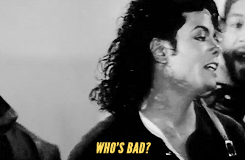
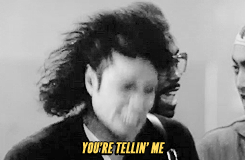
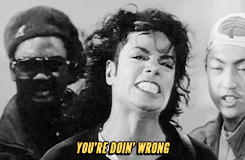


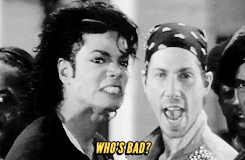
THE SPIN

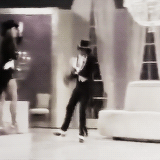

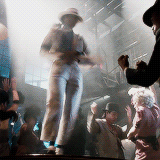
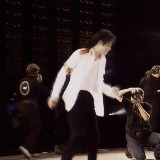
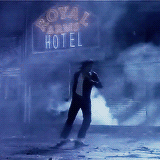
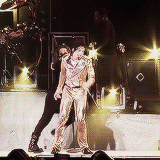
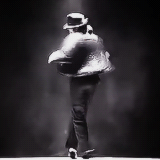
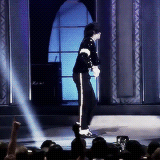
I SYDAFRIKA

DAGENS BILD

LITTLE MICHAEL

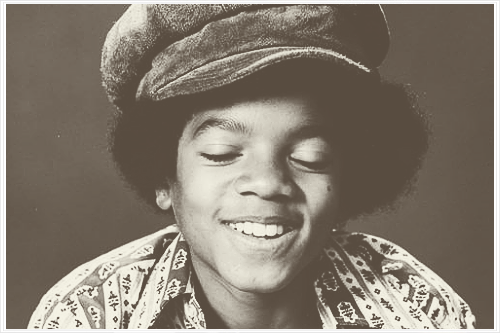
-

HIS TALENT IS AWESOME

2007

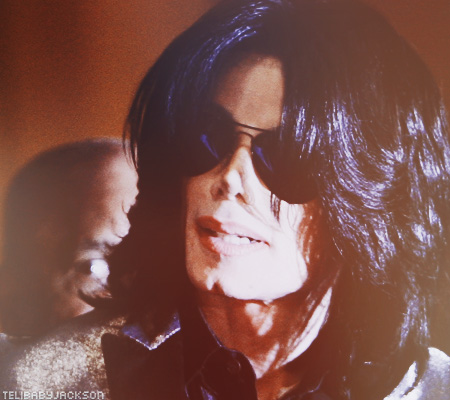

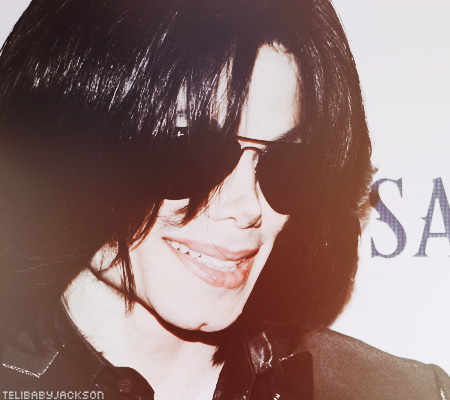




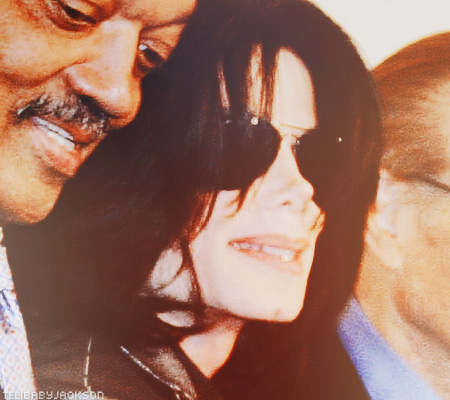
IS
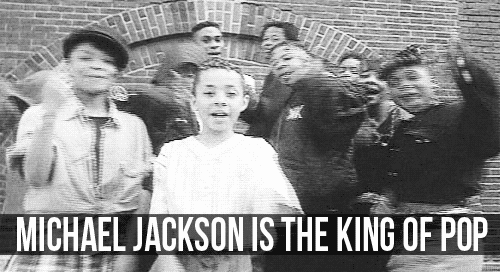
I'M THE LIGHT OF THE WORLD

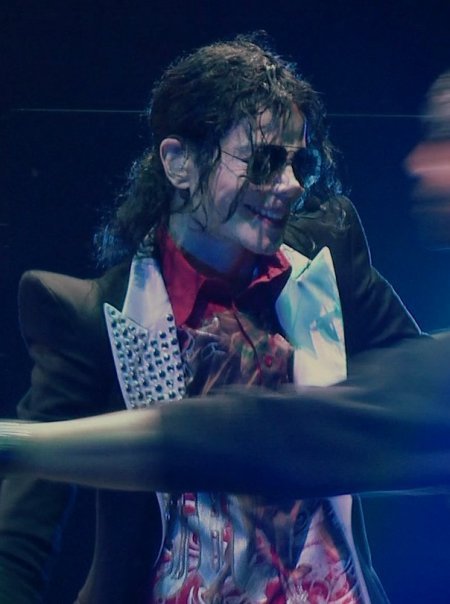
-

VANITY FAIR PHOTOSHOOT
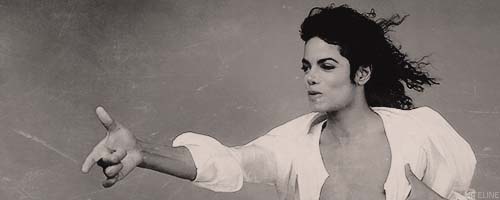







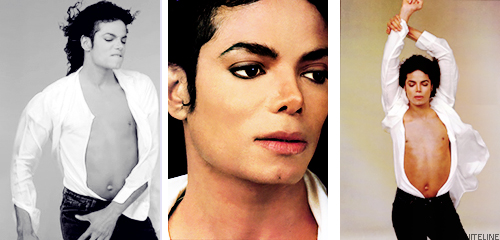
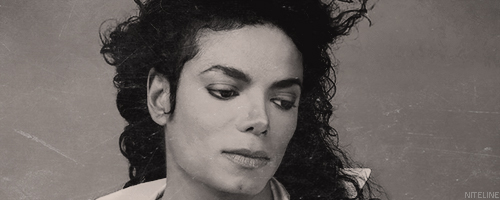
-
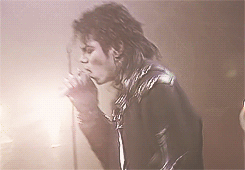
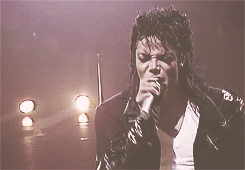
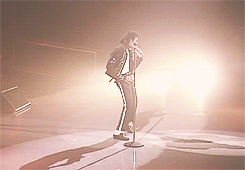



SLEEPY

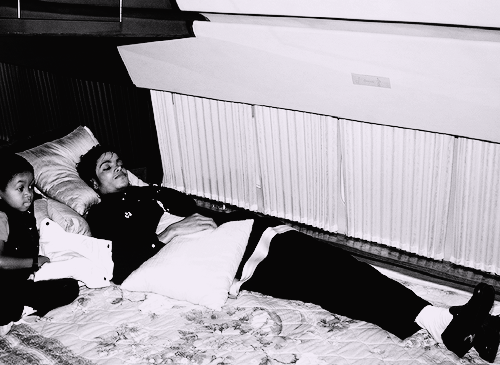
FAKTA #49
:'(
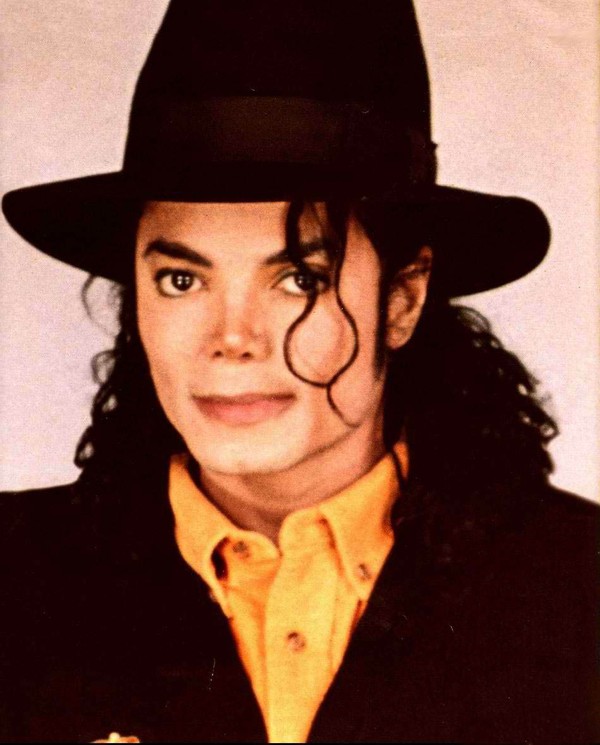
THIS MAN WAS SENSATIONAL
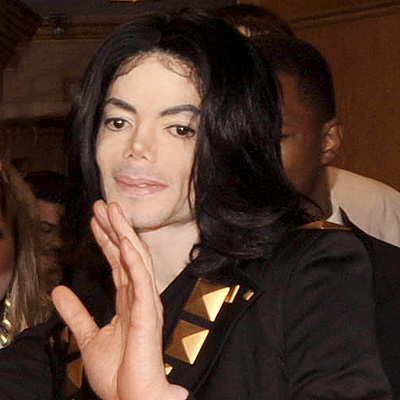
PRINCE, PARIS, OMER

DAGENS BILD
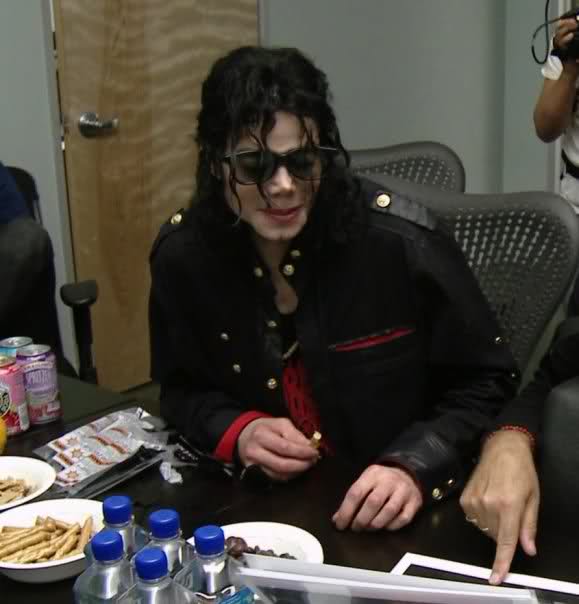
LADY GAGA ÖPPNAR ETT MICHAEL JACKSON-MUSEUM
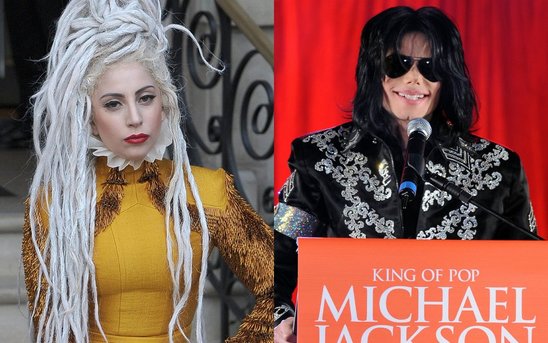
Anledningen till att hon väljer att öppna ett museum är att hon vill att han ska bli ihågkommen, och att hans tillhörigheter bevaras. Pengarna hon tjänar på museet ska enligt henne själv gå till "en välgörenhetsorganisation som han brydde sig mycket om".
-
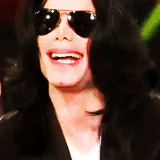
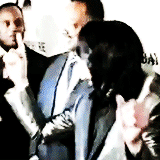
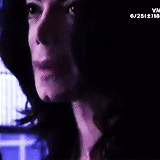
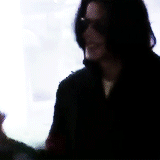
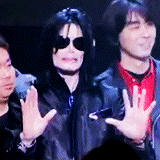
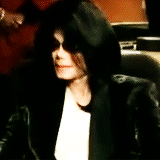
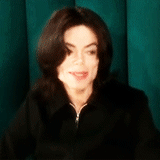
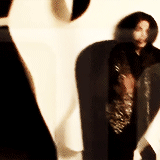

ANTECKNING TILL LÄRAREN

FIND ME A GIRL
BRAVADO MICHAEL JACKSON BAD PULLOVER SWEATSHIRT

MY RESPONS?

NOURISH IT

RATHER
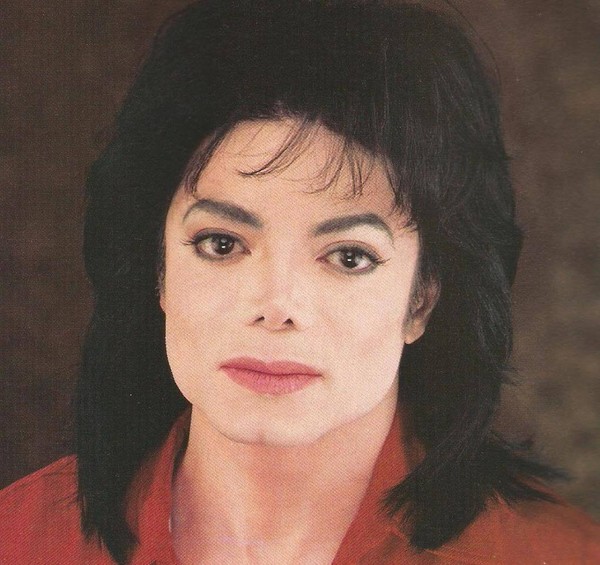
-

MICHAEL OCH ELIZABETH
KUDDKRIG
-


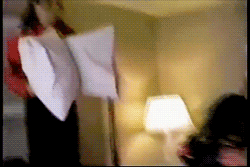

MICHAEL HAS VITILIGO

"Here you go: I’ve worked with Michael Jackson in his studio on and off for over 17 years – that covers most of the time that everyone seems to be fixating upon.
Michael has vitiligo. I’ve seen it with my own eyes, along with the unhappiness it has caused him both privately and publicly. Many great artists are reserved off stage, but for Michael this was compounded by the media and public obsession over his appearance. He covered much of this up with make-up – and for many years hid behind a screen of uncomfortable and impractical panstick.
He’s tried to learn to be accepting that people don’t believe the transformation he’s made over the years, but all this ridiculous argument over it makes it incredibly hard for him. I see him a couple of times a year, usually just for a day or so, and even now, all the speculation and prying offends and upsets him. He is one of the most loving, kind and gentle souls I’ve ever met, and has possibly the most stoic and forgiving nature in the light of such awful injustice, slander and bigotry. He’s not without faults, and has to be one of the most exacting professionals I’ll ever have the fortune to work with. Most of the time, he ignores what people say, and in the last few years he’s gone past caring what people think. He isn’t on earth to justify how he looks – but the public seem to assume that he must account for the changes he made to his appearance, including those that he couldn’t control. I can tell you: I’ve been in a pool with him: before he had depigmentation therapy, he was blotchy all over. Now, he’s basically so white that he burns at even slight exposure to the sun. This was a choice he made: makeup or treatment, and having the money, he got the treatment. I don’t blame him – had I this condition, and the funds, I would have done it too.
And let me tell you: when you get to know him, he’s a normal, easy-going (out of the studio!) guy, with a great sense of humour and is most definitely a BLACK man.”
~ Leroy
TITO, MICHAEL, JACKIE


DAGENS BILD
BRUCE SPRINGSTEEN MEETS MICHAEL
The word had spread. The people waited. Rock's reigning monarch and the Boss - Michael Jackson and Bruce Springsteen - were about to meet for the first time, and 25 members and guests of the Jackson entourage had wedged into the reception room of Jackson's suite in Philadelphia to gawk. It felt like history.
Springsteen, 35, entered first, wearing boots, faded jeans, a short-sleeved shirt rolled up to free his biceps, stubble on his chin and a red kerchief knotted around his neck, as if his body needed a tourniquet to cut off all that energy on nonworking days. Then came Jackson, 26, fresh from a postconcert shower. He wore a pink button-down shirt over a white T-shirt, dusty rose pants so long they accordioned at the bottom and blue slippers with his initials stitched in gold. He seemed like a friendly, rich little schoolboy curious to know something about the world of a working man.
A space cleared around them, and both remained standing.
"Hi," said Jackson, extending his hand. "I just read a story about you in PEOPLE magazine. It was very good."
"Oh, thanks," grinned Springsteen. "I really enjoyed seeing your show tonight."
"I hear you play long concerts. How long do you go?"
"Oh, about three hours."
"How do you do it? Do you take a break?"
"Yeah, about a half hour. It works out pretty good, I guess."
A camera clicked, eyes strained, ears tilted. Jackson's eyes flitted about the room, never pausing long enough to see. He seemed anxious to think of another question, the way he seemed anxious onstage at the end of a song to sing another song. Springsteen sucked on an ice cube.
"Did you write that song Fire [sung by the Pointer Sisters]?" Jackson asked.
"Yeah, that was a quick one. Only took me about 10 minutes. But I don't write when I'm on the road. Can you?"
"No," said Jackson, "There's too much going on."
His hands fidgeted for a home, folding in front of him, then connection behind him, then looping over the unused belt loops of his pants. A reggae song came on the television nearby, and he started a dance step, then stopped himself.
Couldn't he simply ask Springsteen back into his empty bedroom so they could talk like two normal human beings, maybe discover that they both loved watching reruns of The Honeymooners? Or was the anxiety of intimacy perhaps greater for him than the anxiety of holding center stage?
During the lull Michael seemed to be looking for a prop. "My secretary, Shari, wants you for Christmas," he said, putting his arm around her waist and pulling her between them.
"What's wrong with Thanksgiving?" laughed Springsteen, as the three posed for Jackson's personal photographer.
"Do you talk to people during your concerts?" Jackson asked. "I read that you do."
"Yeah, I tell stories. People like that, I've learned. They like to hear your voice do something besides singing. They go wild when you just…talk."
"Oh, I could never do that. It feels like people are learning something about you they shouldn't know."
"I kinda know what you mean – the songs are a protection. But I remember once I played for a Vietnam veterans' benefit and I had to go onstage to introduce this guy who was a president or something, and I didn't have my guitar. Man, I was shaking. I realized it was the first time in 15 years I'd been onstage without it, and I've never been so nervous in my life."
Jackson's voice grew softer, so no one could hear. "Do you like talking in front of all these people? It feels kind of strange."
"Yeah, it is strange, isn't it?"
Jackson took a deep breath, then took a small step toward the door. Springsteen's boots remained planted. He broke the pause. "How long did you rehearse for this tour?" he asked.
"Oh, one or two months."
"There's so many cues in that show."
"Yes, there is a lot of technology….We'll finish up in December. Then we're going to do a movie."
"Yeah, I heard about that - with Steven Spielberg?"
"Yes, as a matter of fact, I just spoke on the phone with him today," Jackson said. "It's not certain just what the movie will be yet, but it will be with him."
Pause. Jackson's hands rapped the rhythm of the reggae song on his thighs, his eyes hopping like sparrows.
"I read you go right to sleep after you perform. You can't really do that, can you?" Jackson asked.
"No, I feel good after a concert, because I feel like I've worked hard. I stay up till about 4. What do you do?"
"I watch TV or read," said Jackson. "I can't go to sleep."
"Don't you ever go out?" Springsteen asked.
"I can't. Too many people would bother me….How did you decide to let PEOPLE magazine do that story on you?"
"I just rolled the dice," said Springsteen, blowing on his fist and tossing imaginary dice.
"Oh," said Jackson, shaking his head. "I could never trust anyone enough to do that."
He took another fleeing scan of the room, his bank of questions emptied. "Well, I think I'm gonna slide on out now," he said quietly. "It was real nice meeting you." He thrust out his hand quickly and walked through the door to another part of the suite.
Springsteen lingered for a moment. A little earlier he had seen Jackson do things for more than an hour and a half onstage that appeared almost effortless. But this was something Springsteen seemed more familiar with, 15 minutes of a human being struggling.
"You know," he said, spitting an ice cube back into his cup, "He's just a real nice guy."
WHO DID YOU ADMIRE GROWING UP?
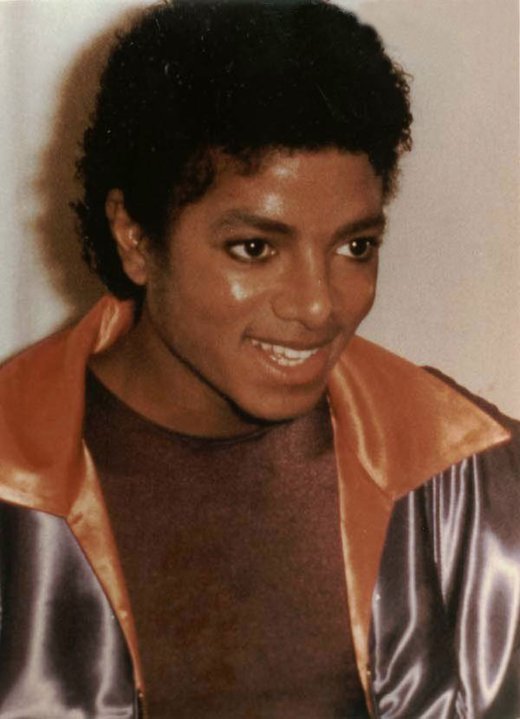
HE RAISED ME RIGHT
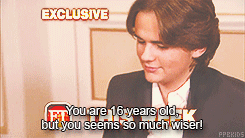

BE NOT ALWAYS
HIS VULNERABILITY AND HIS CHARM
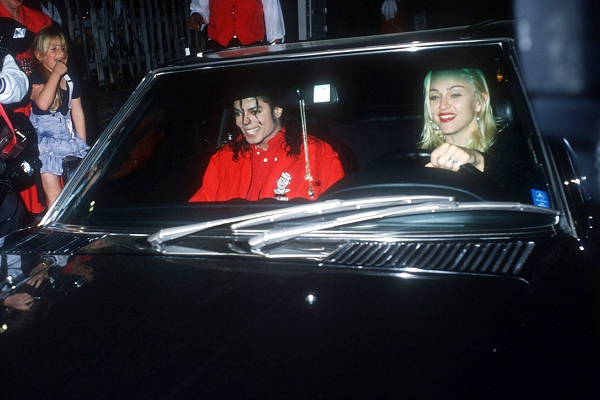
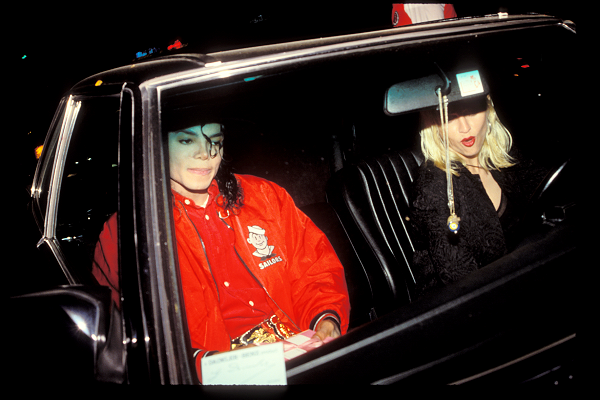
"I can’t say we were great friends, but in 1991 I decided I wanted to get to know him better. I asked him out to dinner: I said, ‘My treat, I’ll drive, just you and me.’ He agreed and showed up to my house without any bodyguards. We drove to the restaurant in my car. It was dark out, but he was still wearing sunglasses. I said, ‘Michael, I feel like I’m talking to a limousine, do you think you could take off those glasses so I could see your eyes?’ He paused for a moment, then he tossed the glasses out the window, looked at me with a wink and a smile and said, ‘Can you see me now, is that better?’
"In that moment, I could see both his vulnerability and his charm. The rest of the dinner, I was hell-bent on getting him to eat French fries, drink wine, have dessert and say bad words, things he never seemed to allow himself to do. Later, we went back to my house to watch a movie and we sat on the couch like two kids, and somewhere in the middle of the film, his hand snuck over and held mine. It felt like he was looking for a friend more than a romance and I was happy to oblige him. And in that moment he didn’t feel like a superstar, he felt like a human being. We went out a few more times together and then for one reason or another we fell out of touch. Then, the witch hunt began and it seemed like one negative story after the other was coming out about Michael. I felt his pain. I know what it’s like to walk down the street and feel like the whole world has turned against you. I know what it’s like to feel helpless and unable to defend yourself because the roar of the lynch mob is so loud that you are convinced your voice can never be heard."
~ Madonna
VIKTIGA "THRILLER"-ERA-DATUM
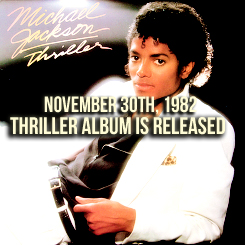
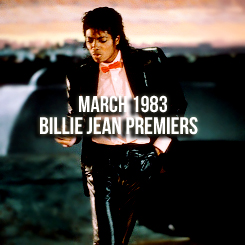
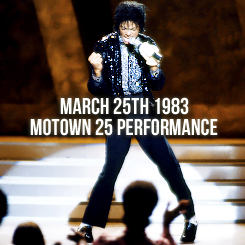

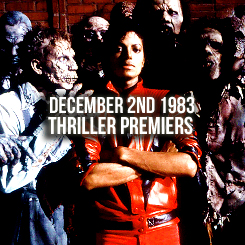
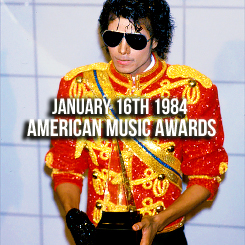


I KNOW YOUR GAME, WHAT YOU'RE ABOUT
MOSTFAMOUSPERSON.NET
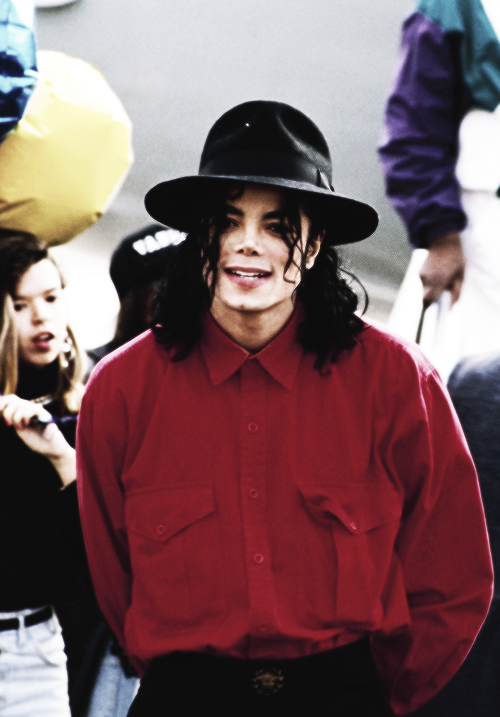
SUPER BOWL
MICHAEL HUNG BACK

-
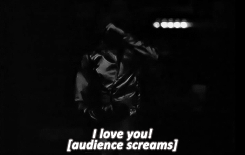

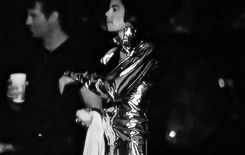
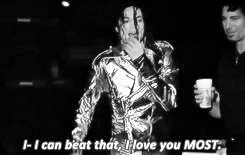
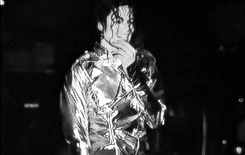

HEY
VIDEOBUTIK
I'M A MOONWALKER

DAGENS BILD
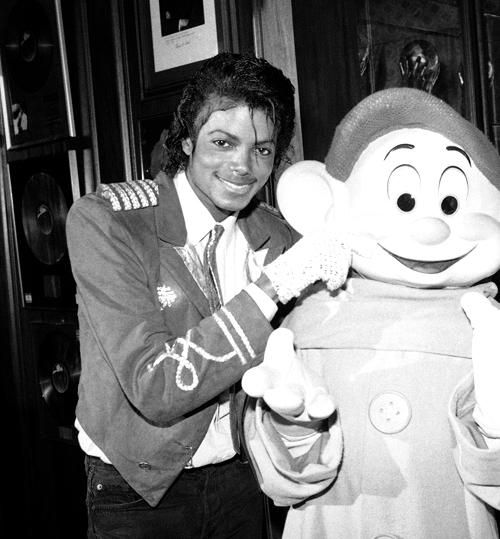
MAN IN THE MIRROR (AD-LIBS)
EXCELLENT
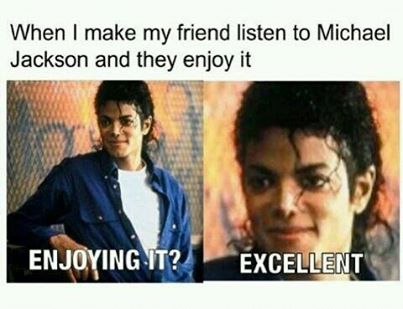
I LOVE YOU DADDY
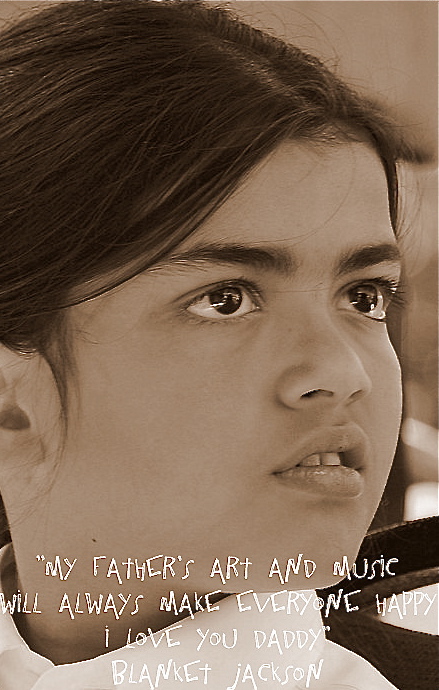
INTERVJU MED MICHAELS BAND FRÅN BAD TOUR
AFRO

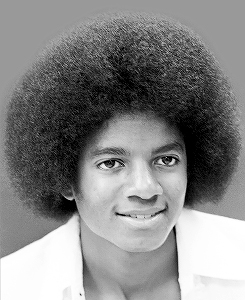


TAUGHT BY THE BEST
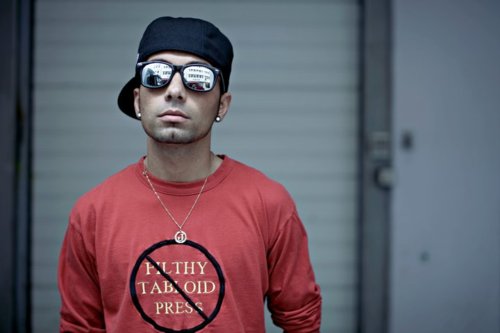
DAGENS BILD
LEARN FROM THEM



